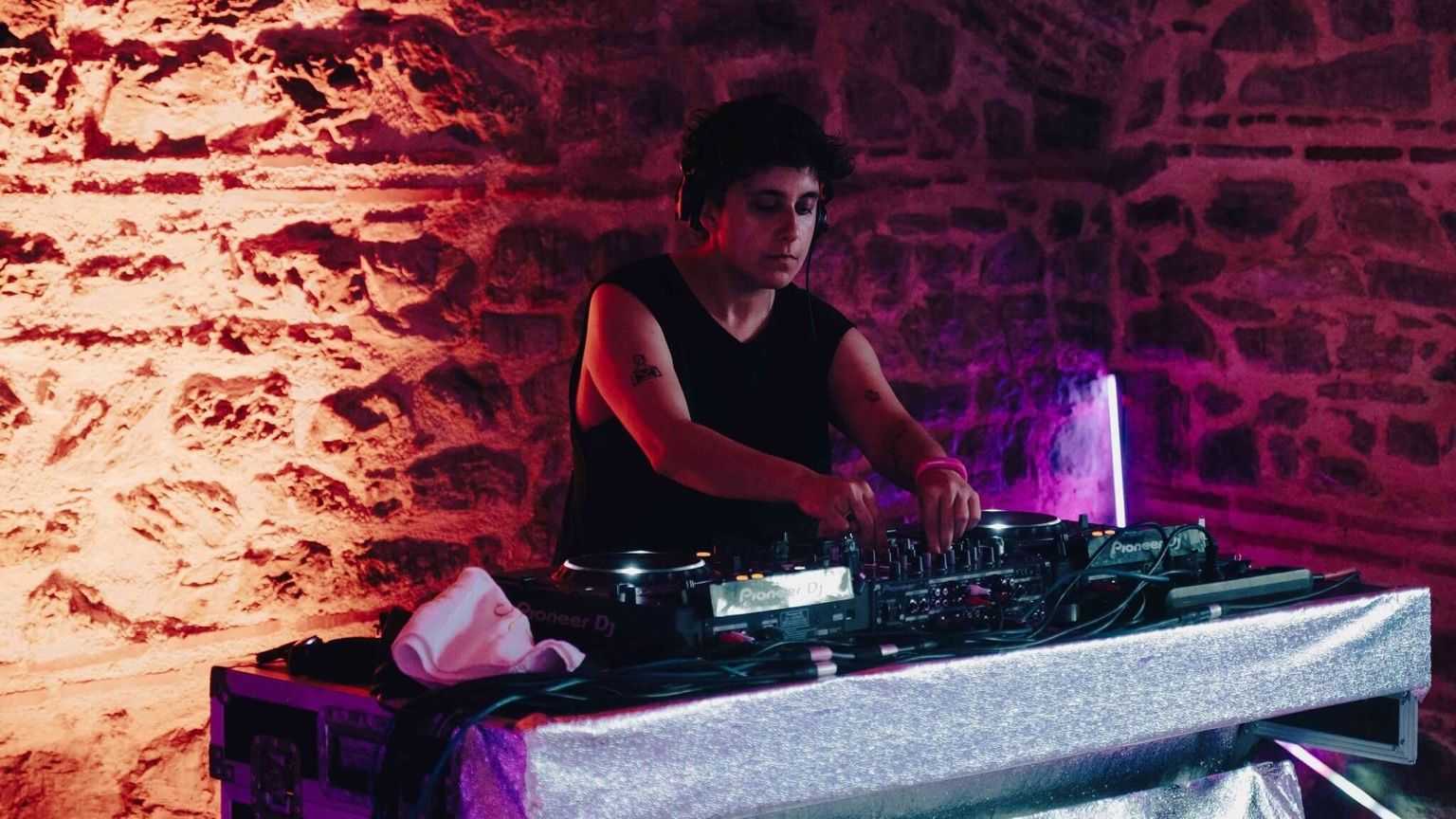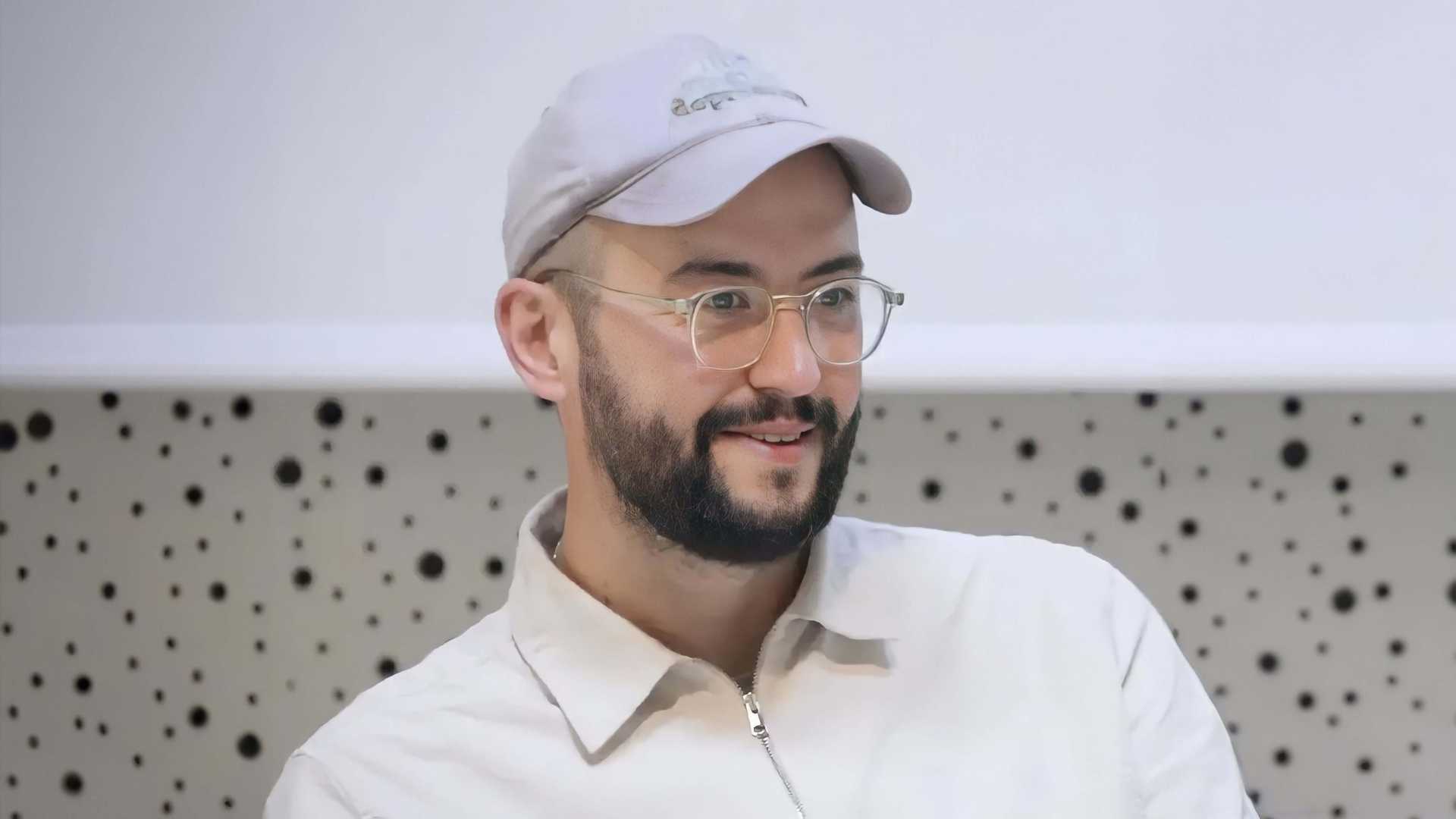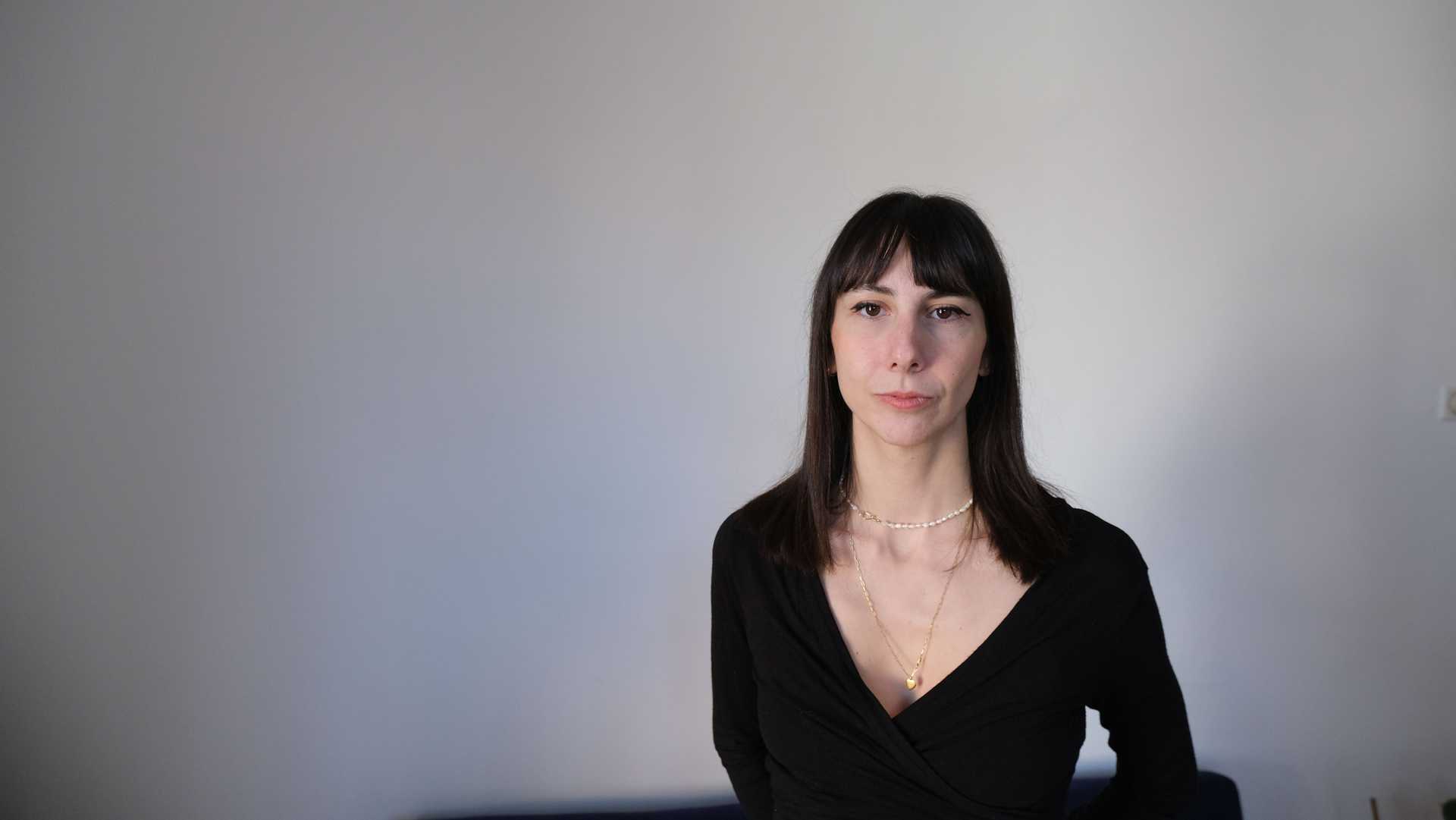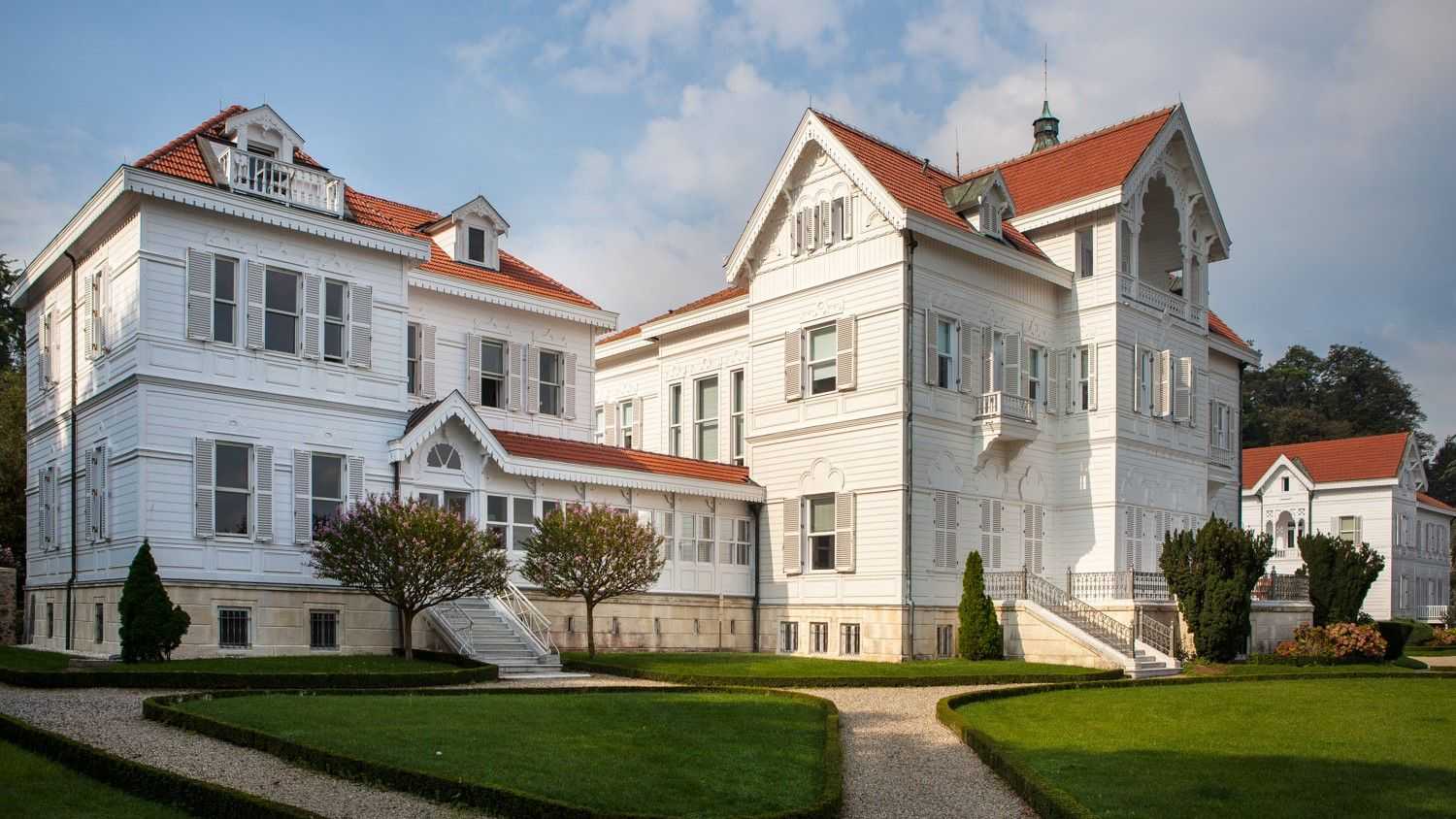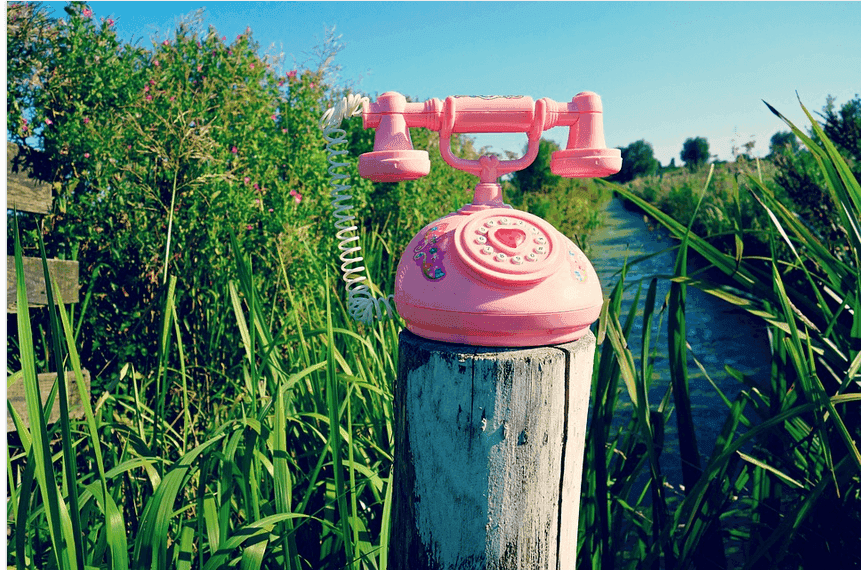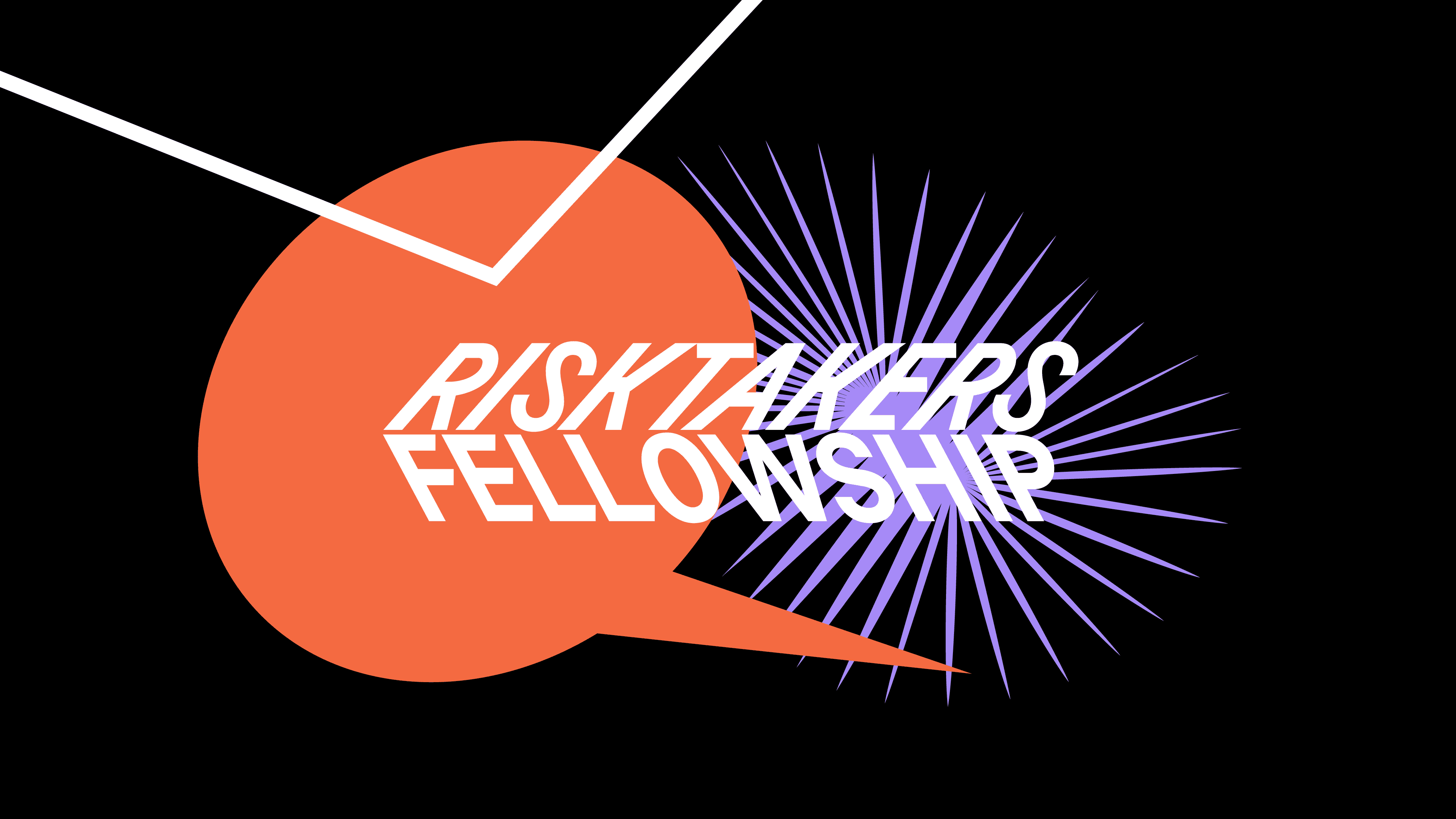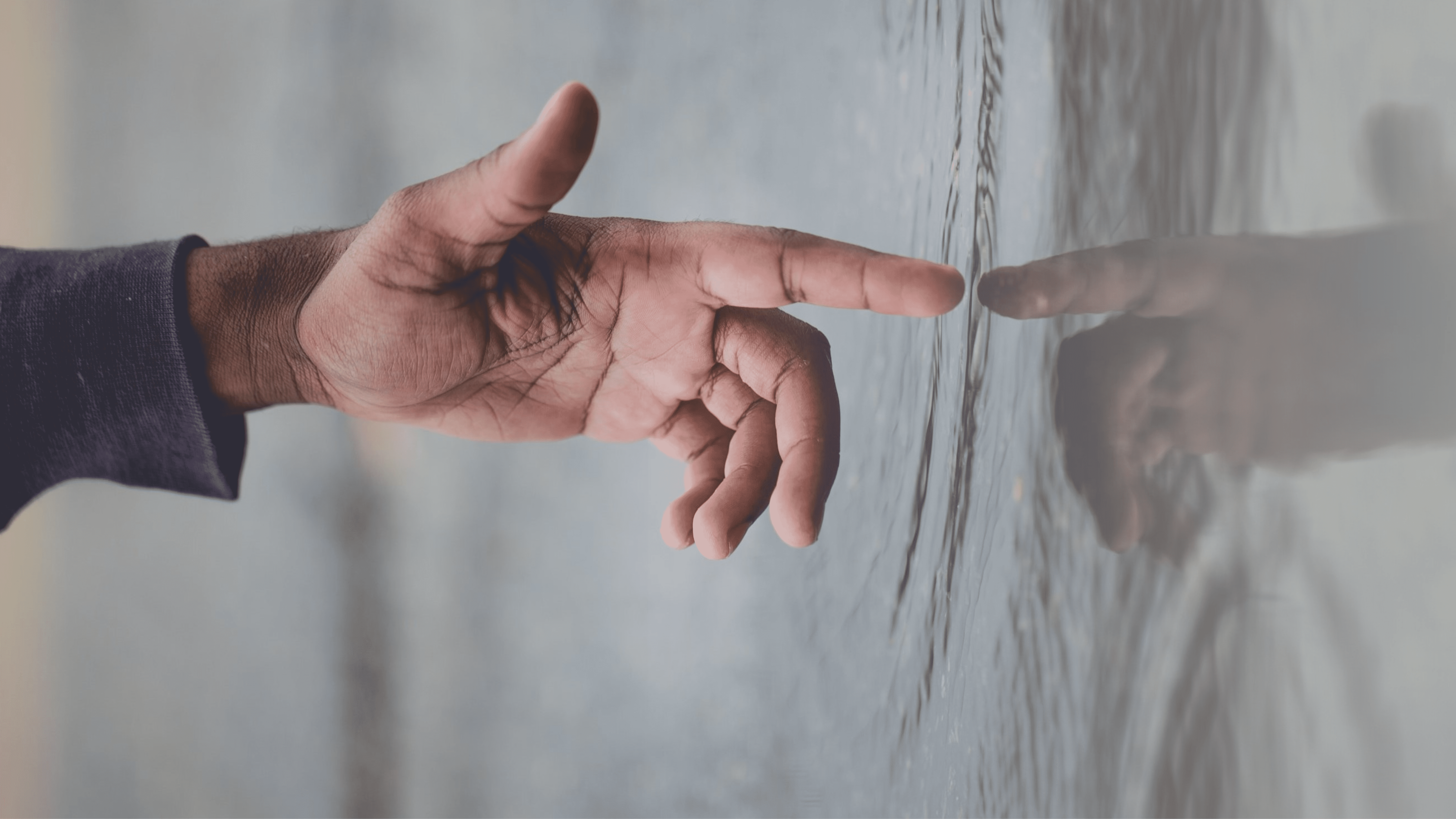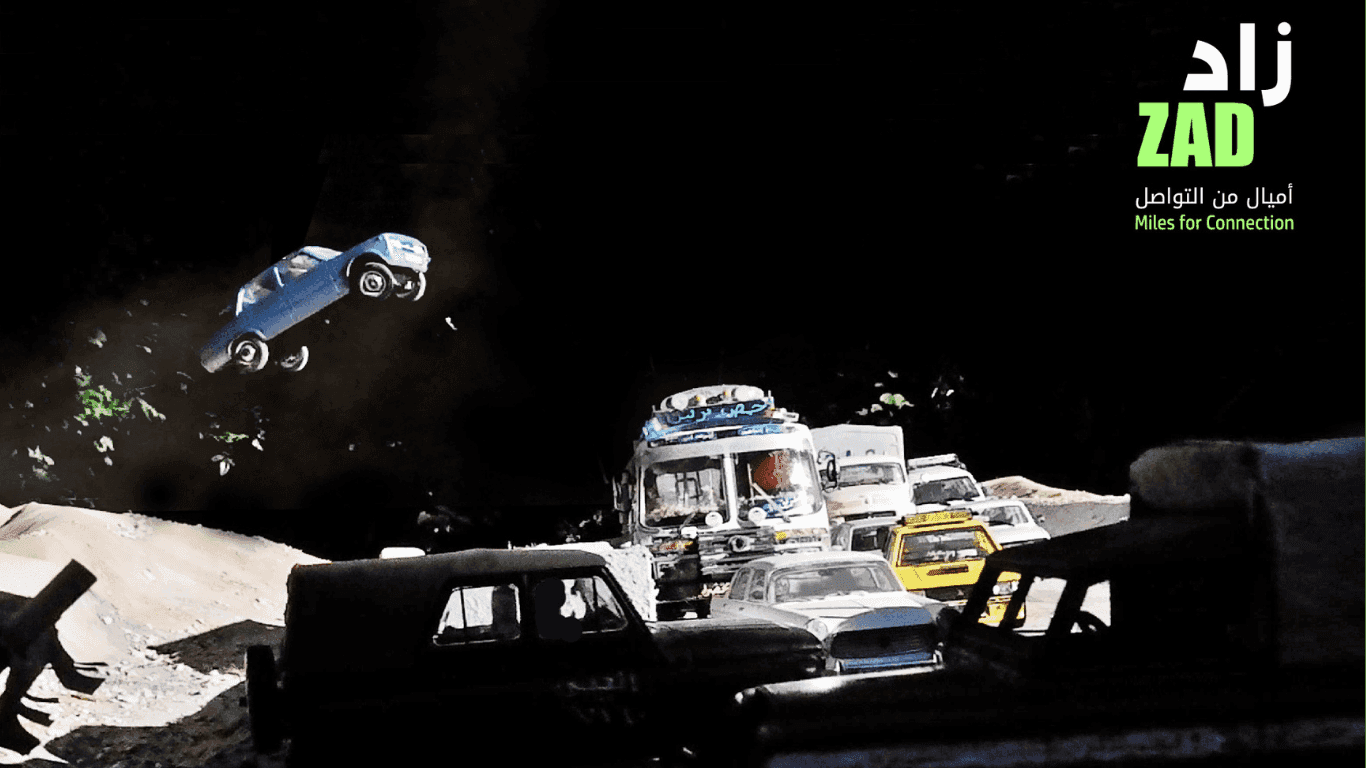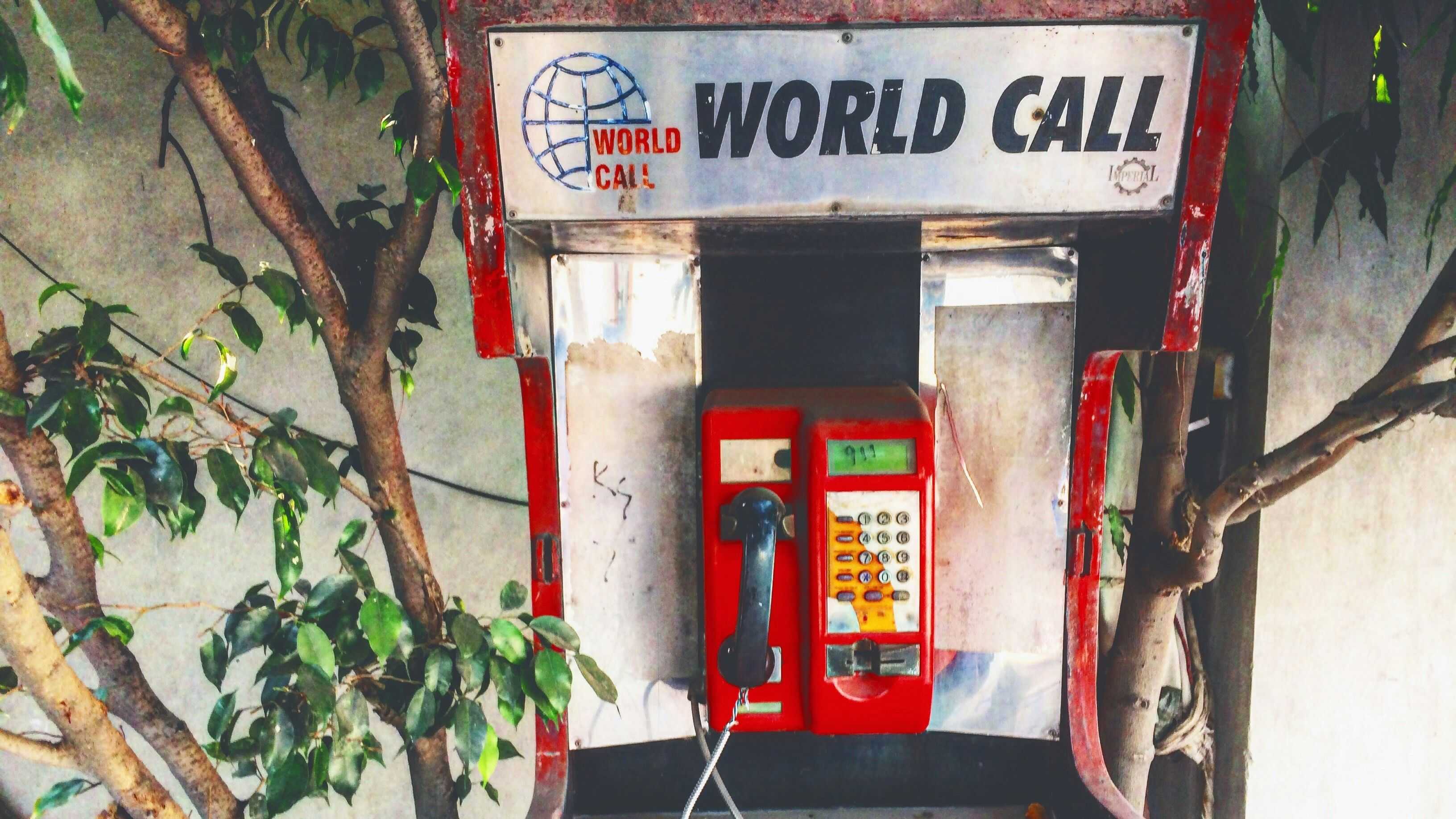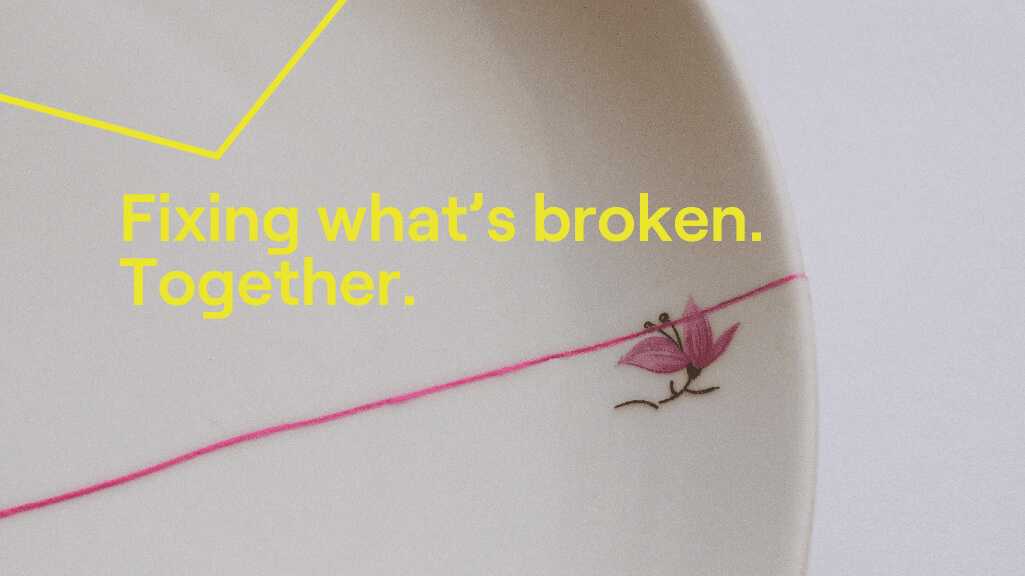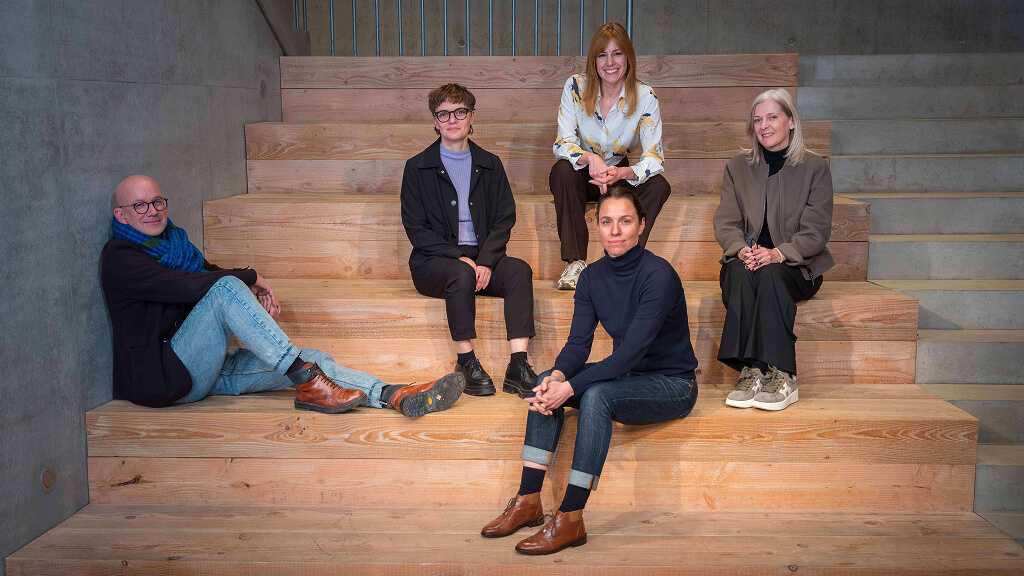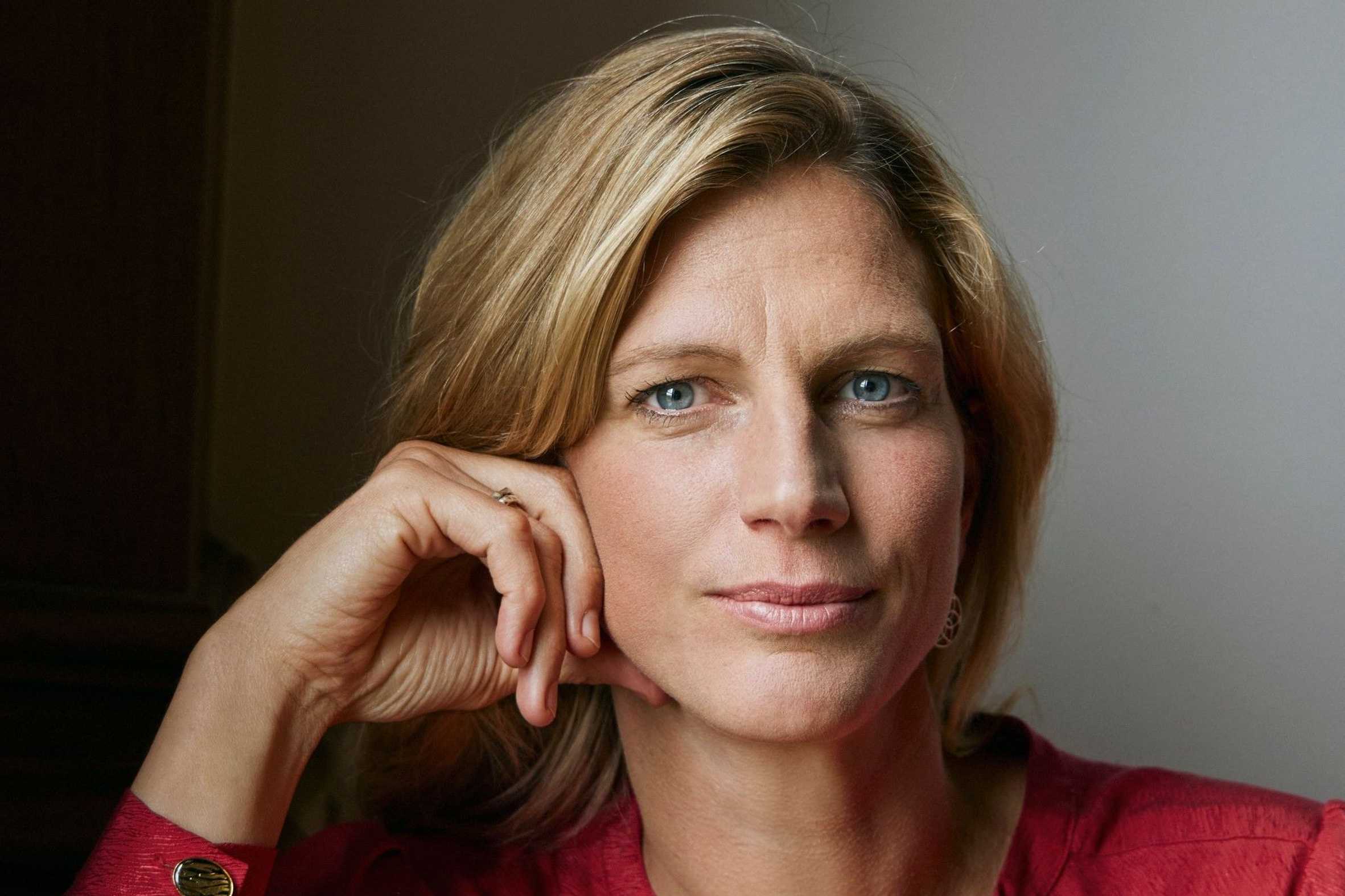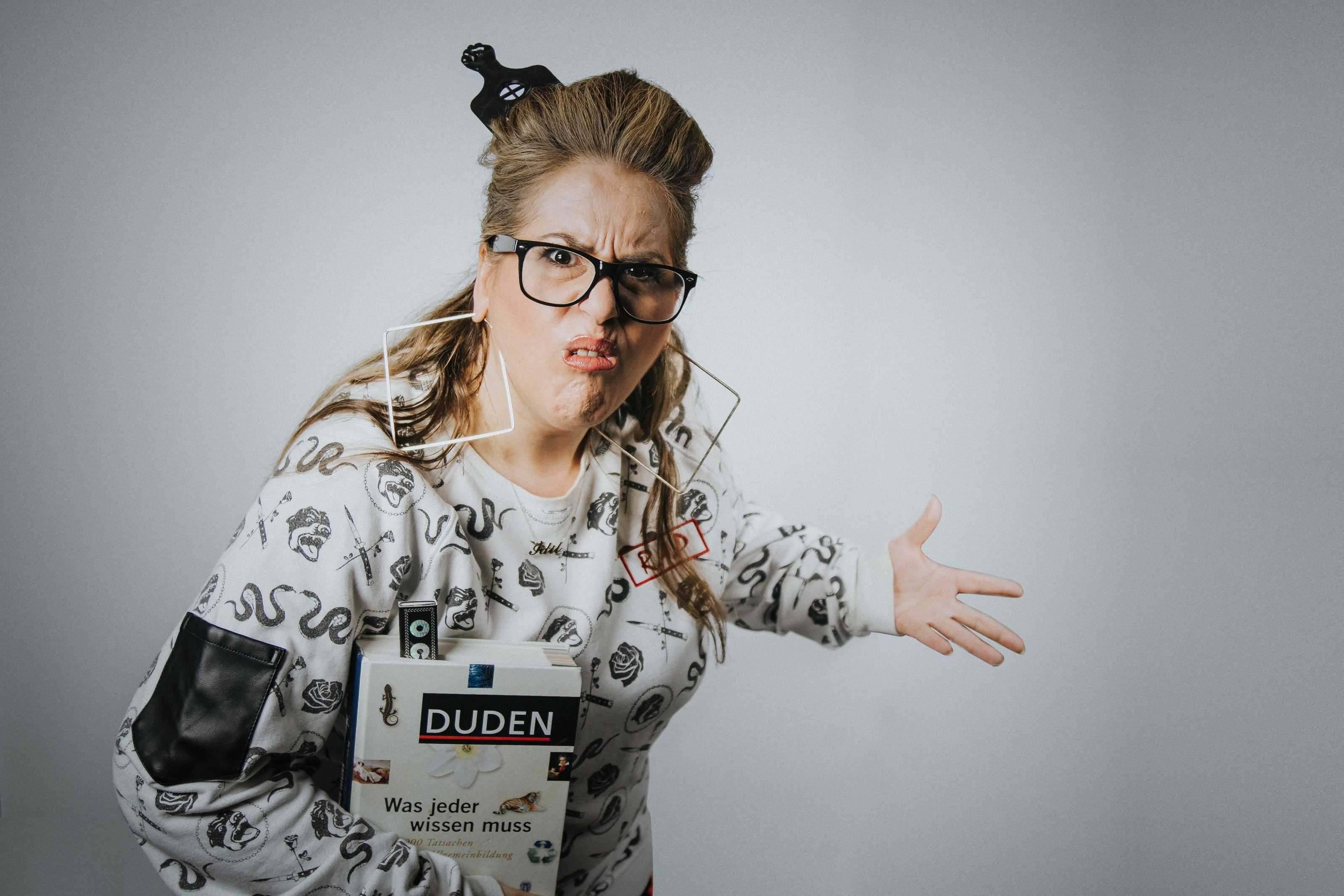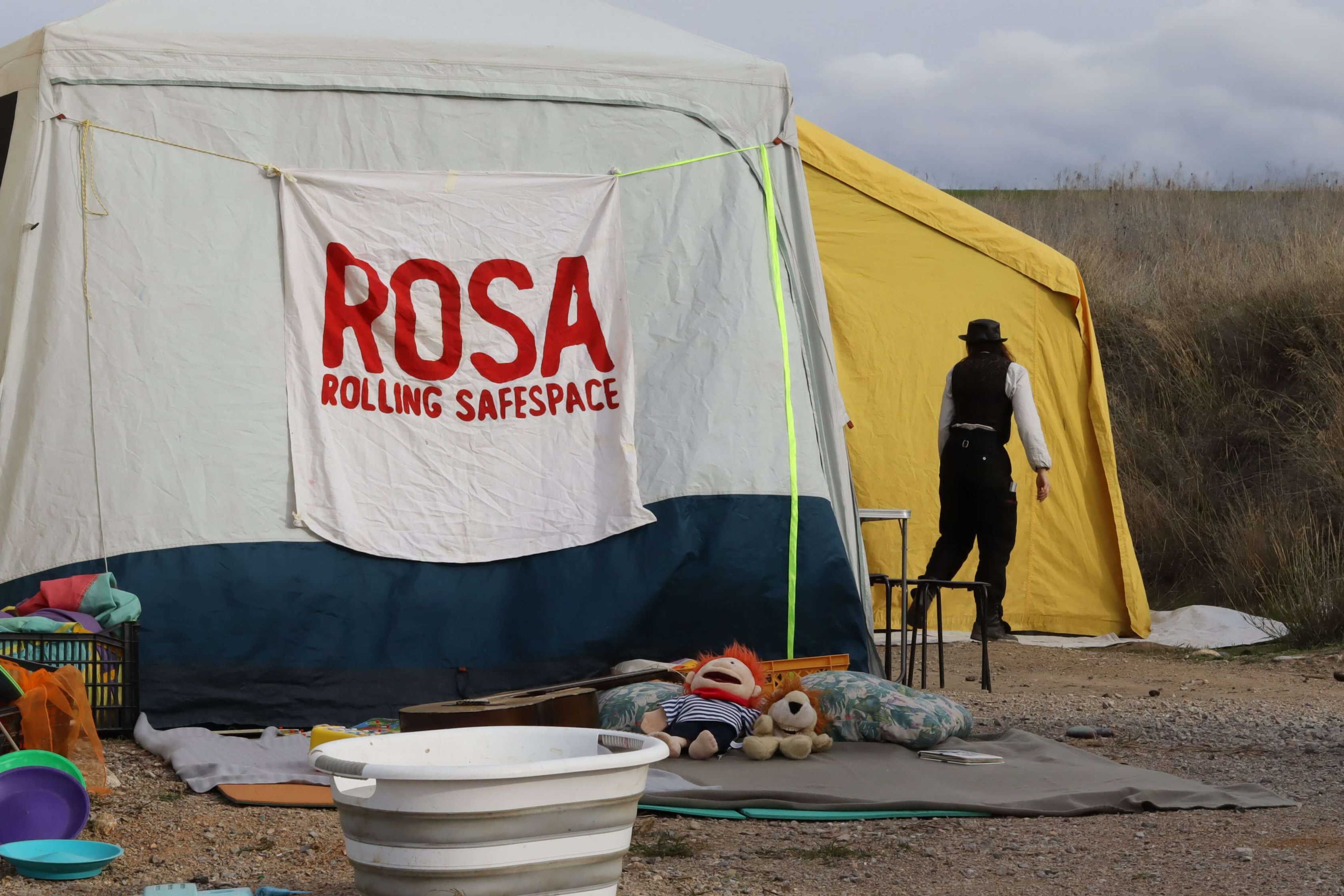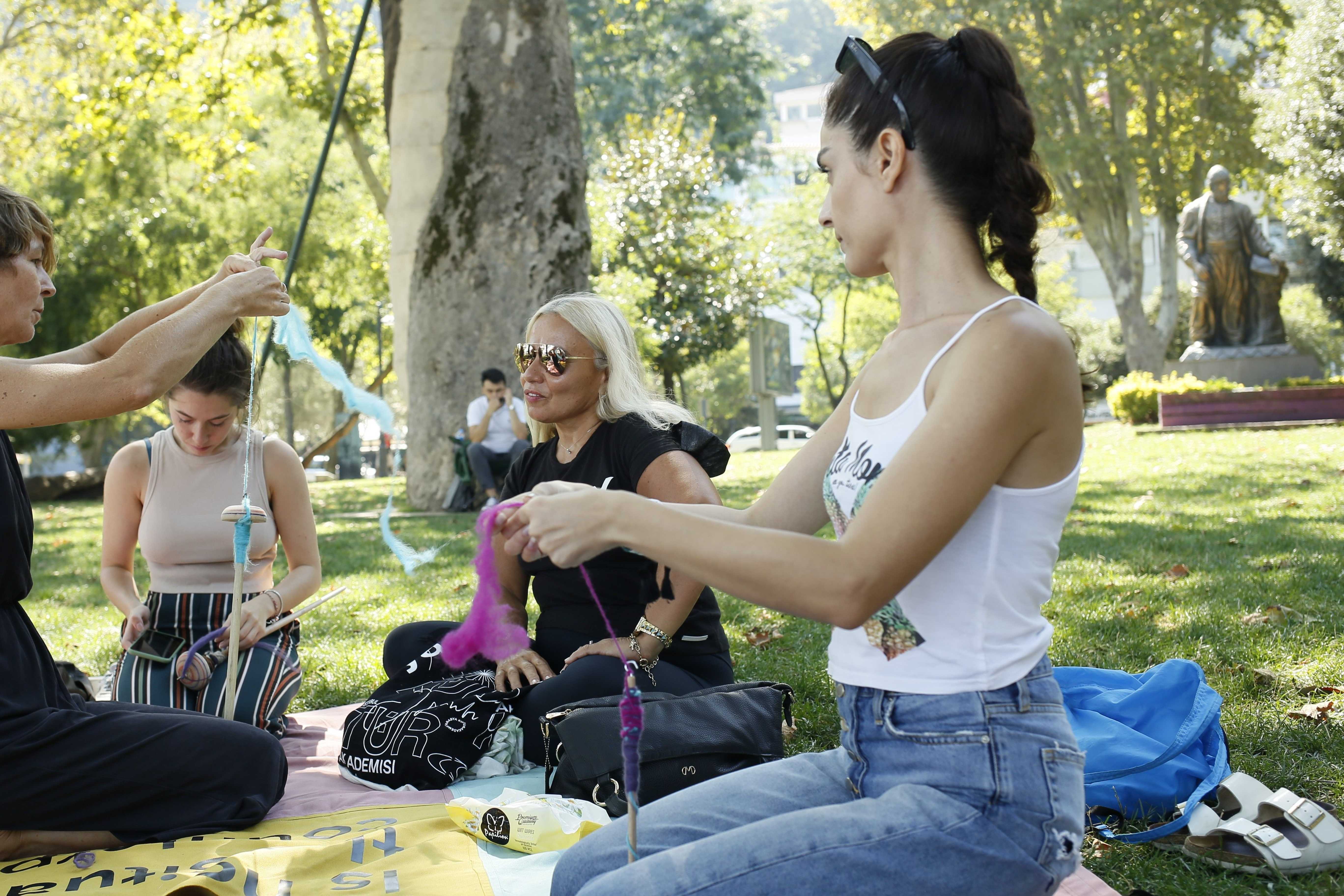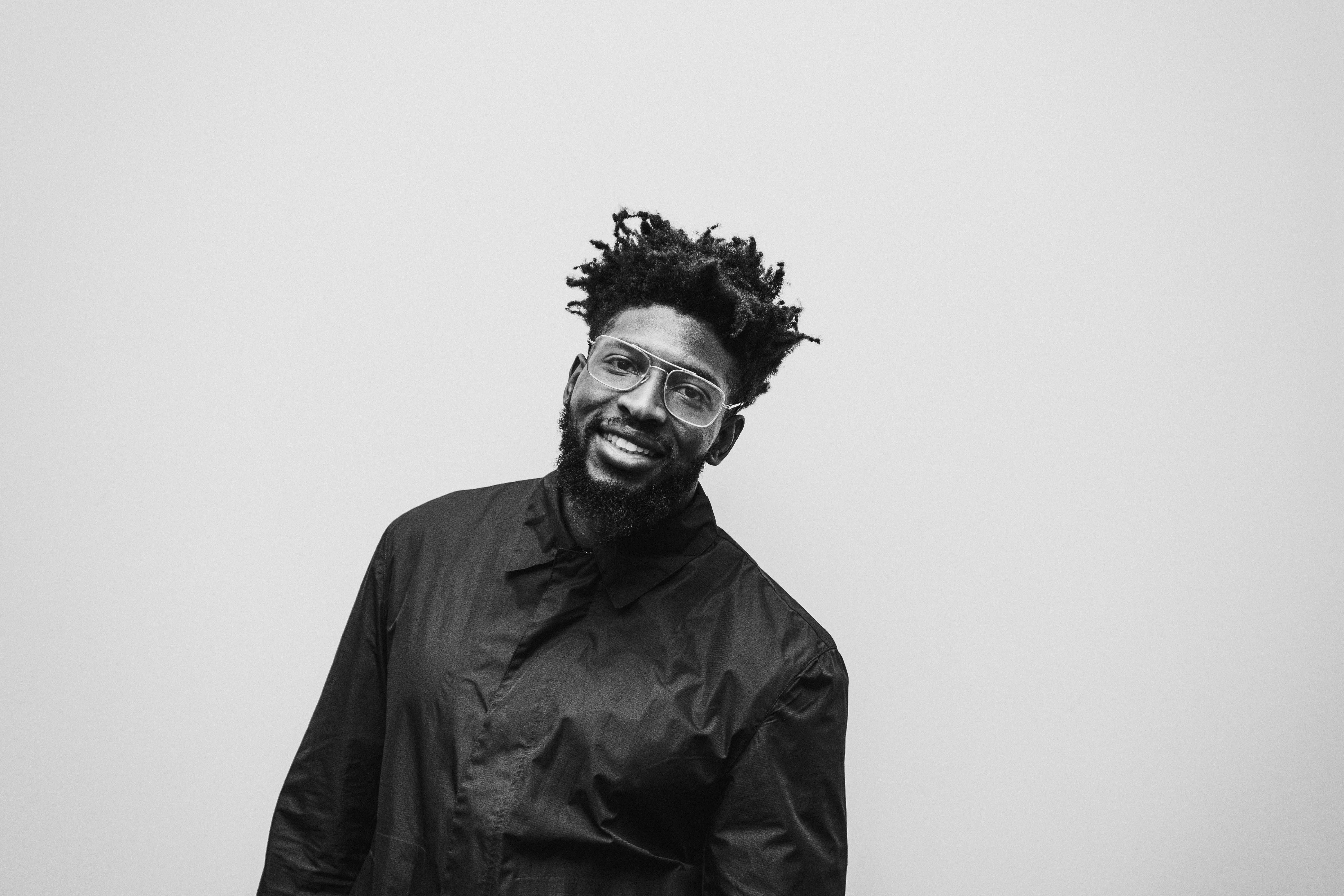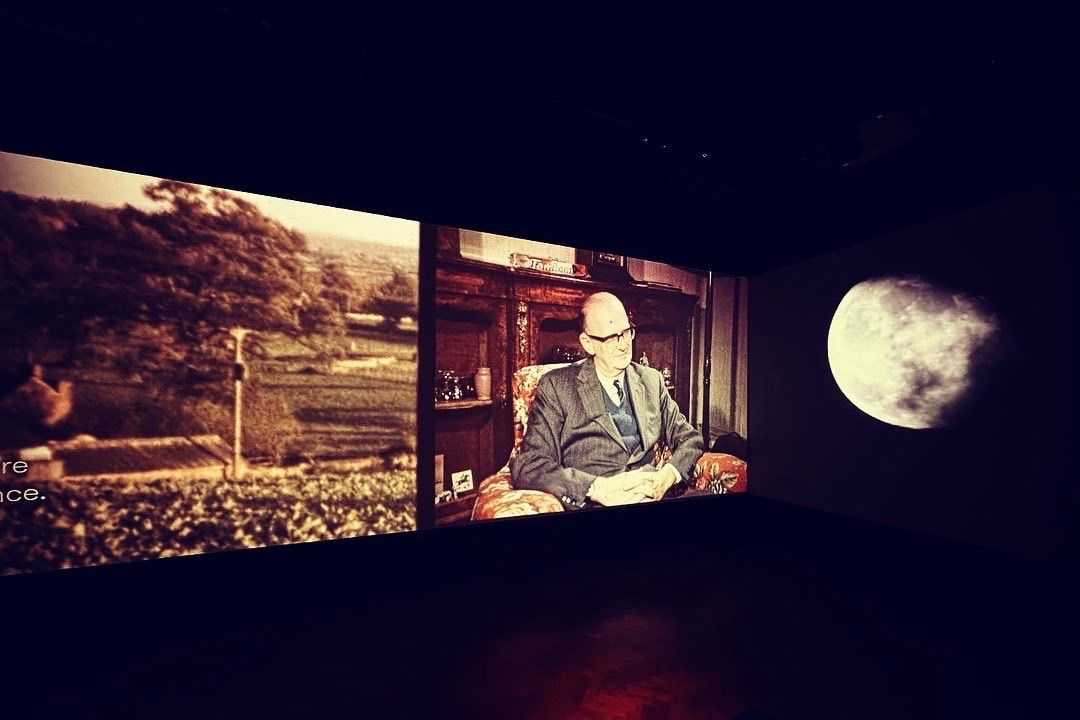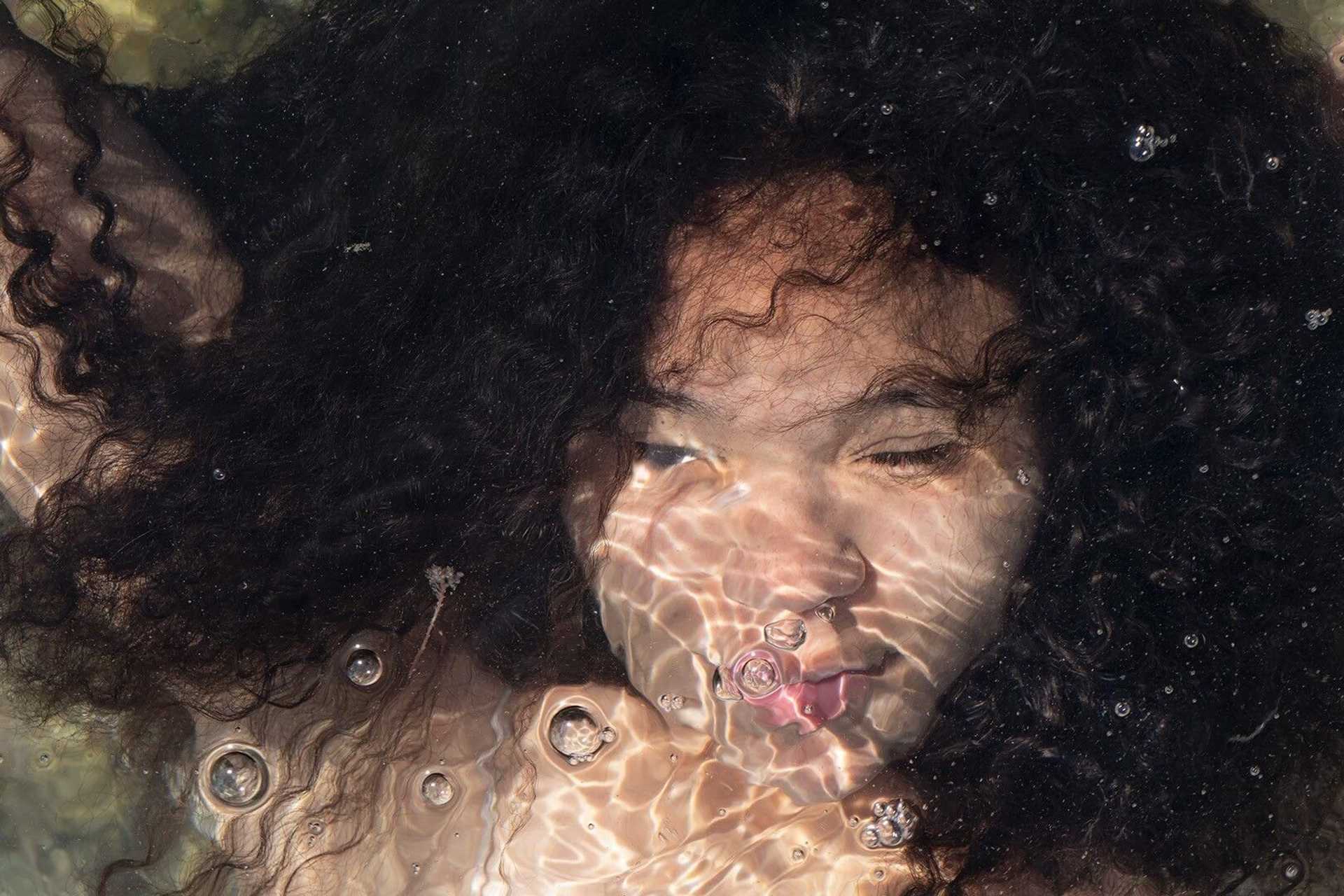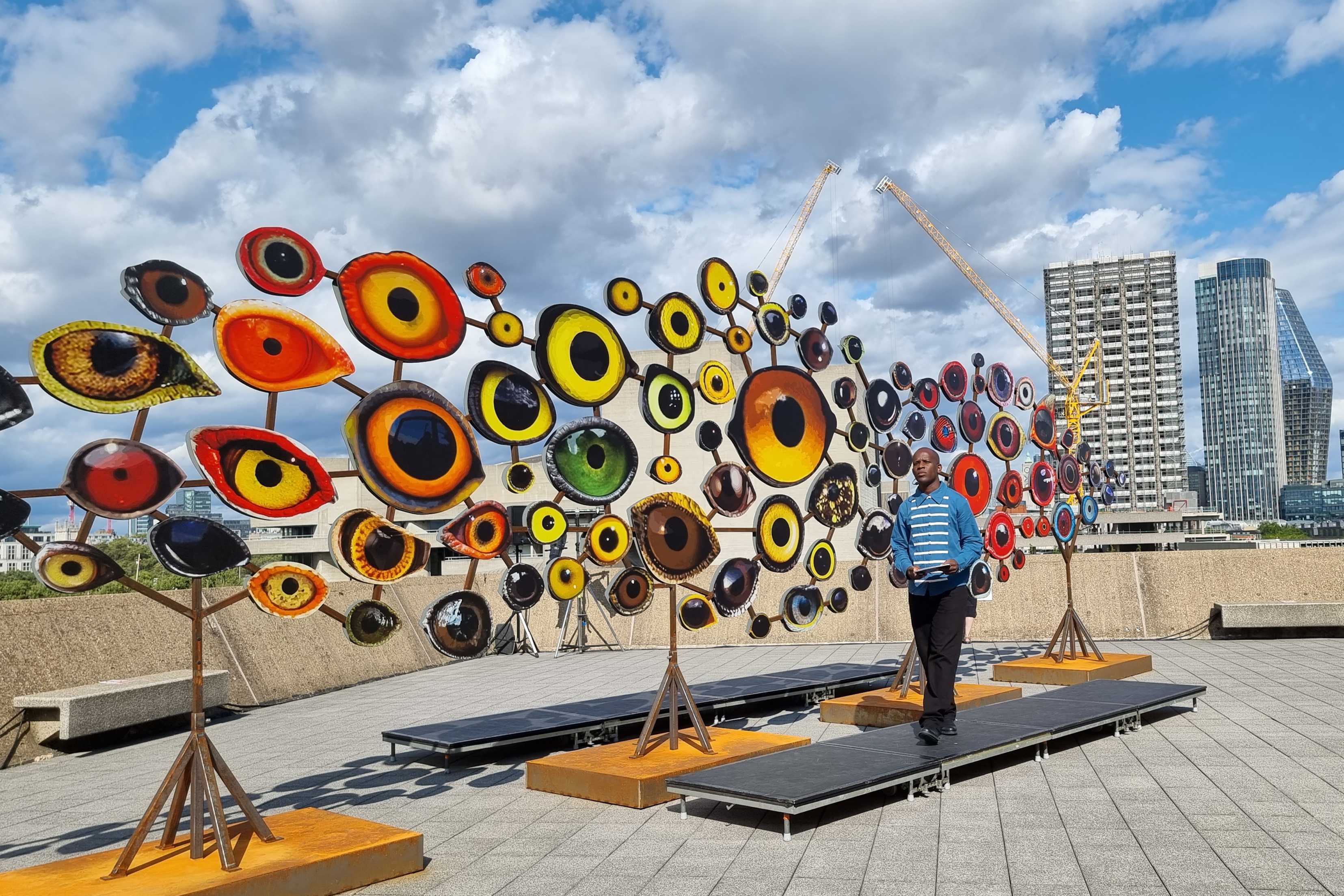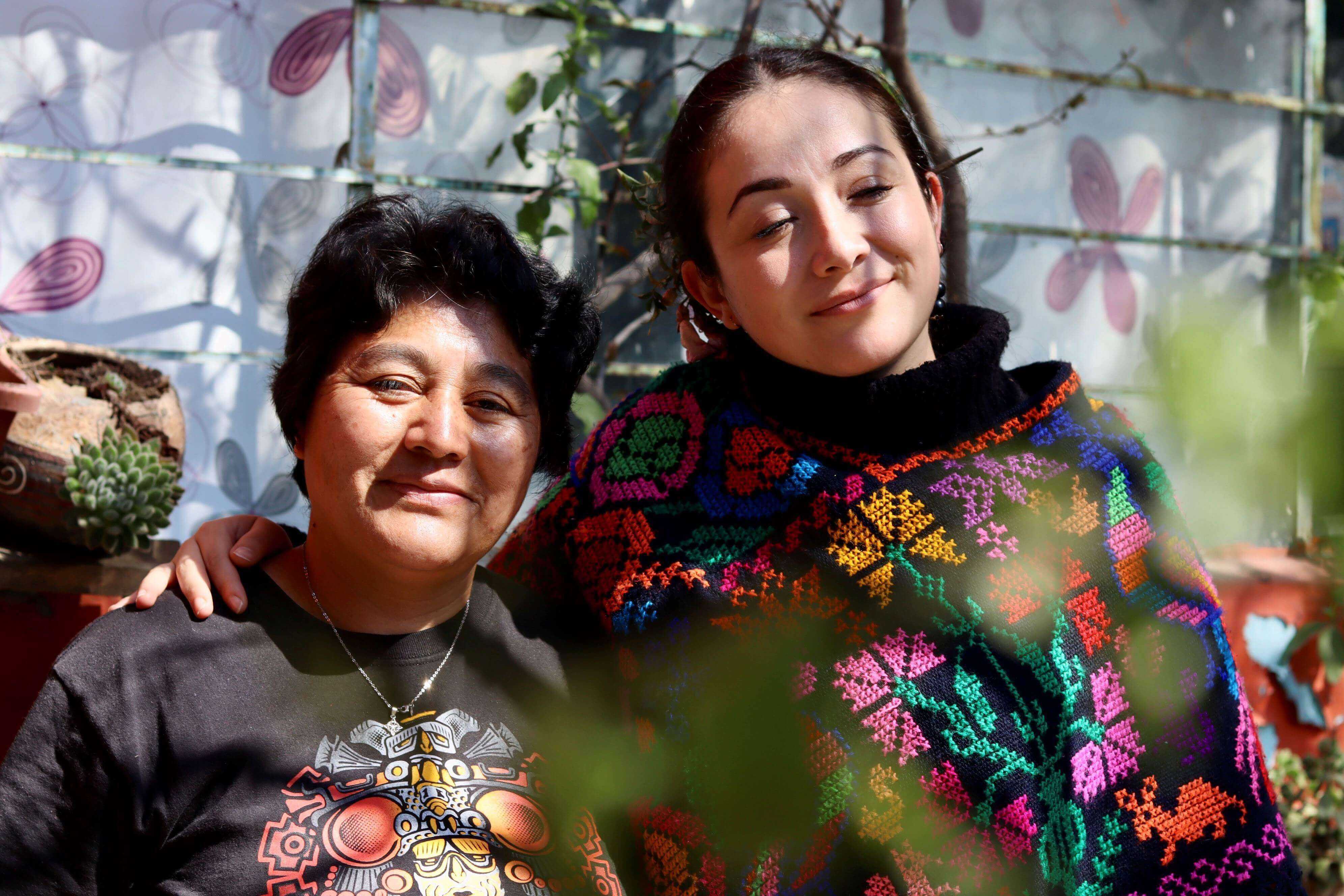Interview
Get to know Yelta Köm and Ulya Soley, the most recent participants of the tandem-residencies in the Tarabya Cultural Academy in Istanbul.
This year, you became Tarabya Fellows. How have you been, and how was the year?
"We were Tarabya Fellows between February and May 2024. We have been working together on the topic of nightlife as resistance and experience of the night itself; the residency became a platform where we were able to deepen our research. We created an extensive piece, which was published in CTM Magazine, and we managed to write more on the subject for the online platform Manifold.
Our research is still going on, but it’s clear that Istanbul’s nightlife has been functioning as a form of resistance for the queer community, especially in the face of political shifts and the oppressive climate of the past 20 years. The night sustains the living as well as the strength to express identities. The resilient nature of queer musicians, performers, and operators of nightlife has been inspiring in terms of solidarity for many others working in different fields. Over the last 20 years, Turkey's socio-political changes have affected every field, and while spaces for freedom of expression or breathing have gradually diminished, nightlife has somehow managed to continue. No matter what happens, nightlife in Istanbul goes on, and the queer community remains just as diverse. Even when clubs open and close, or when there are big problems like economic or political crises, nightlife always finds a way to keep going.
To conclude the residency, a one-day event in collaboration with the initiative Queerwaves was organized as part of Sommerfest, titled “Sound Kitchen.” Held in the former kitchen of the Tarabya residency, the event featured resident DJs from Queerwaves who played various sets in a space transformed into a cozy and safe environment, featuring video works by Yelta."
And how was it in Tarabya itself, in the midst of the metropolis of Istanbul, during these eventful times? What makes the space special?
“Because it is away from the hustle and bustle of the city, Tarabya allowed us to concentrate on our project. Although we were looking at the nightlife happening right at the center of the city, it was important to have a base where we were able to take a step back and evaluate. The forest which encompasses the residency buildings offered a great environment to clear our minds. It was such a relief to be next to the Bosphorus. With the Tarabya Tuesday meetings, we were able to update each other with the other residents and meet other cultural practitioners who joined us to give talks. Those were also great opportunities during the residency. Also, we had the chance to delve deeper into the research and experience Istanbul‘s night life as well.”
